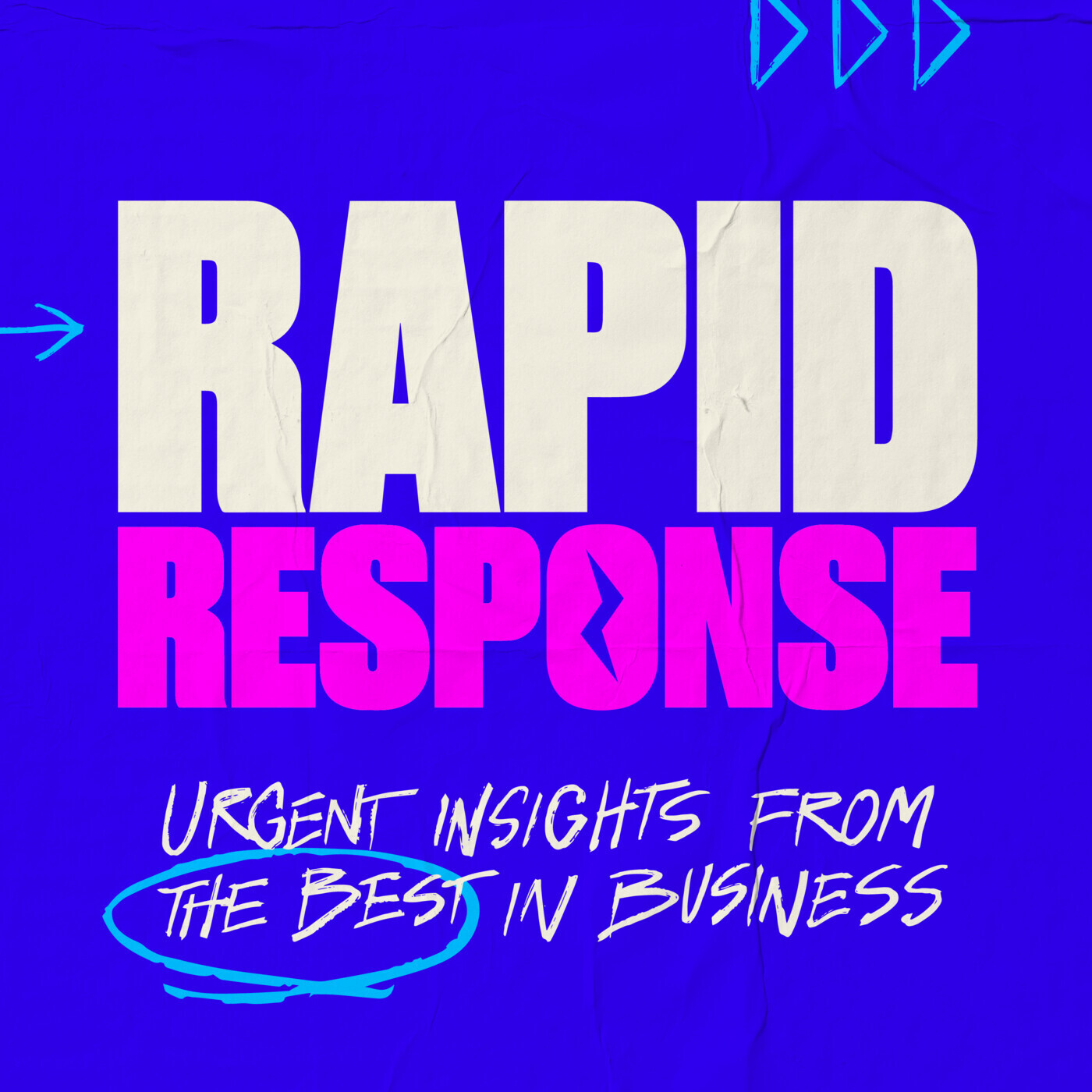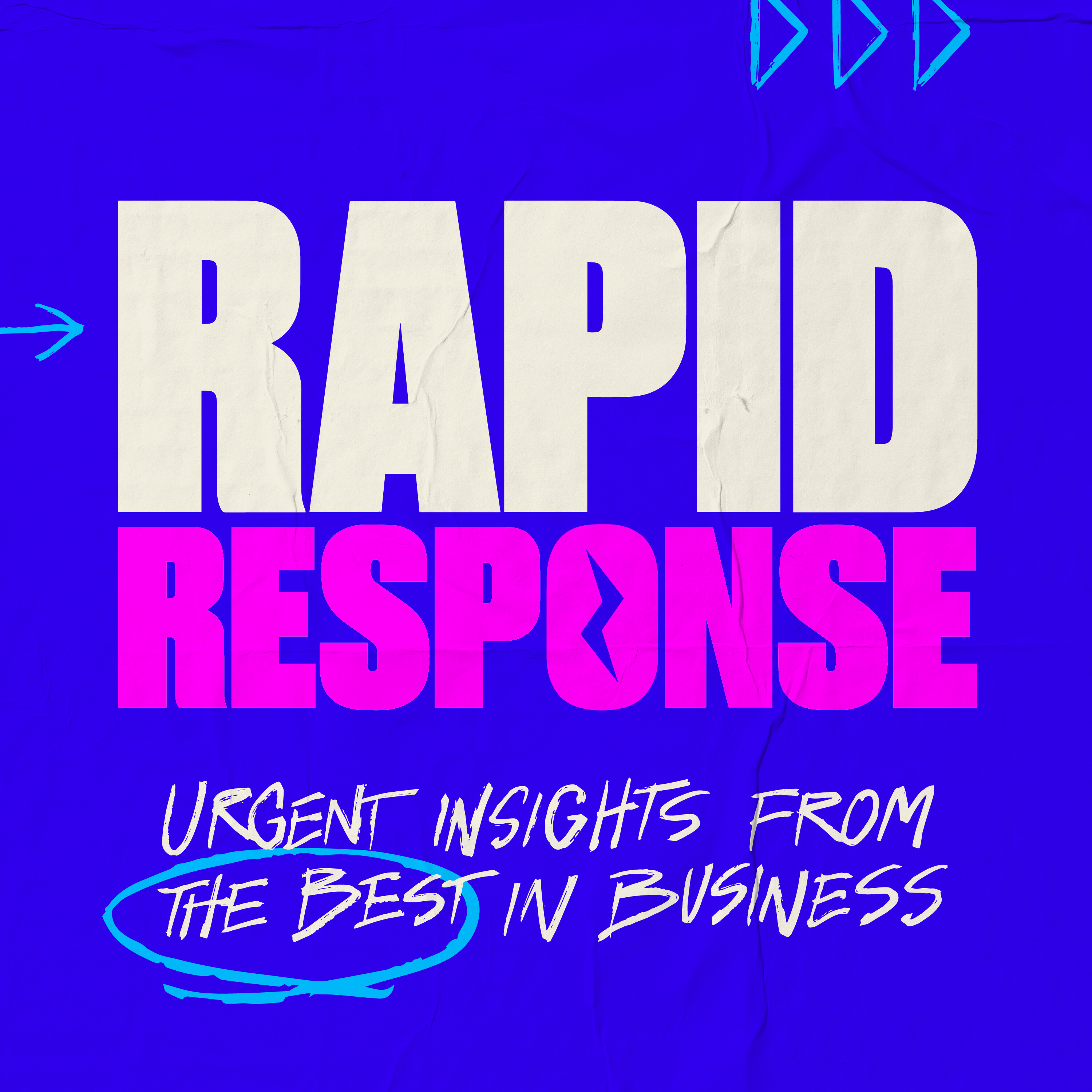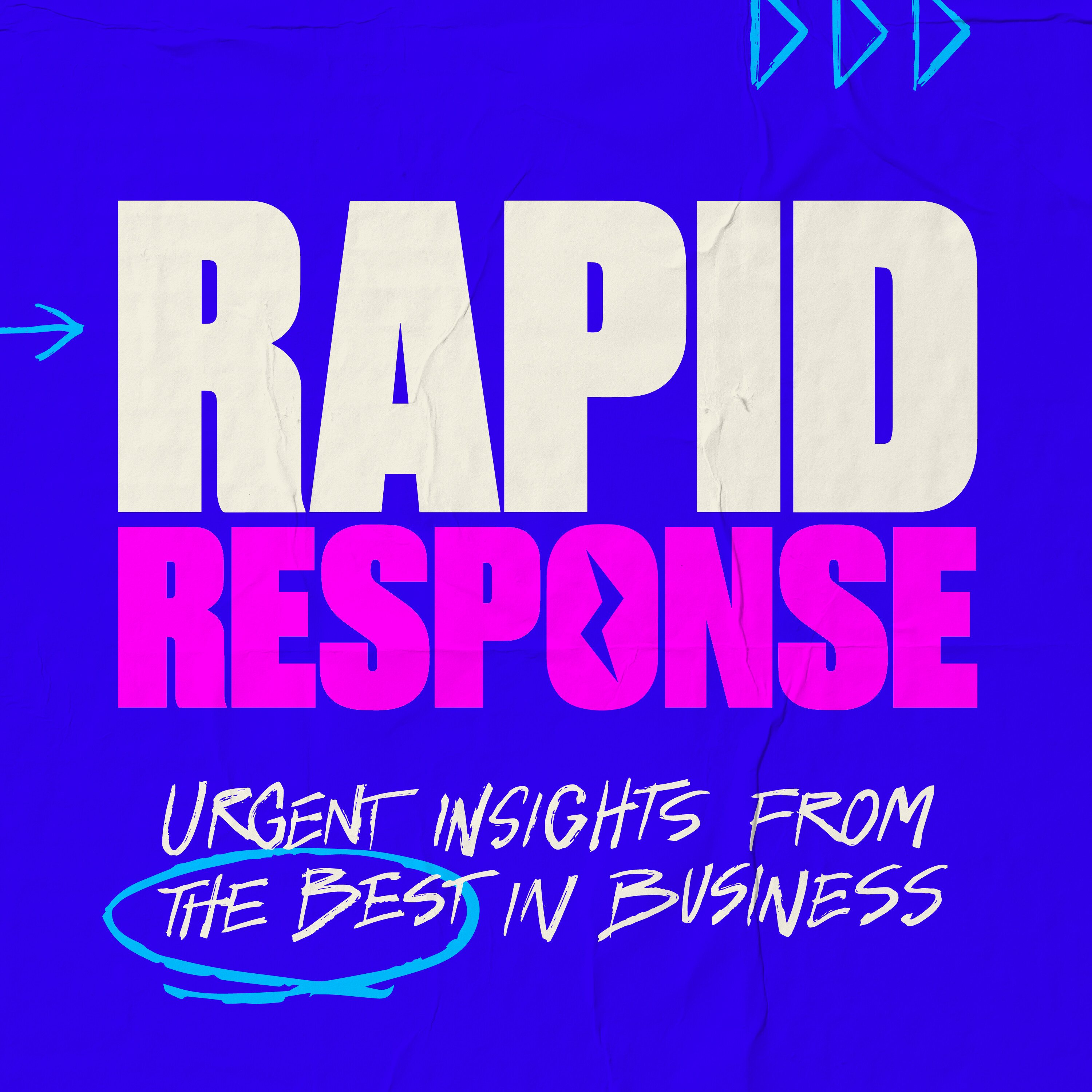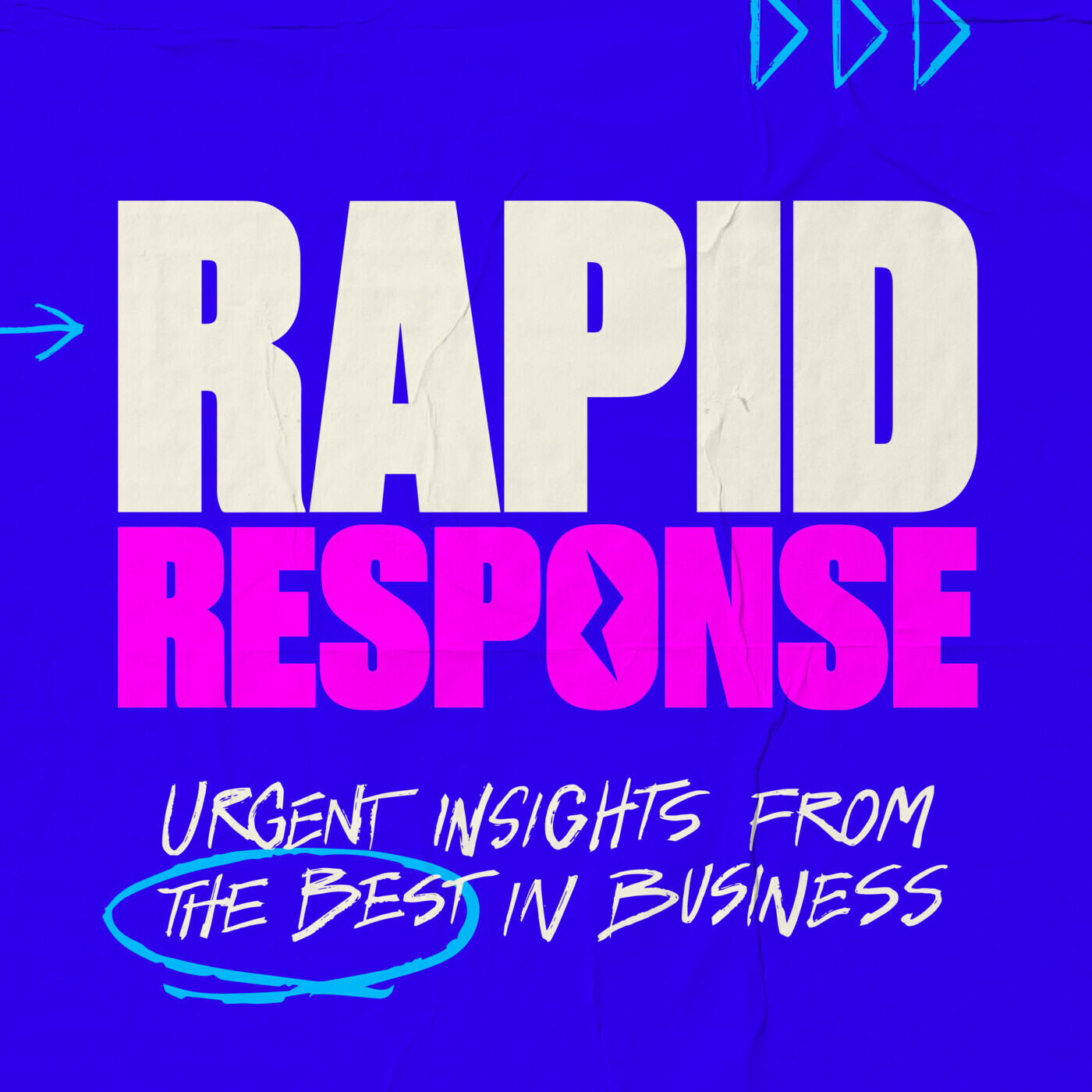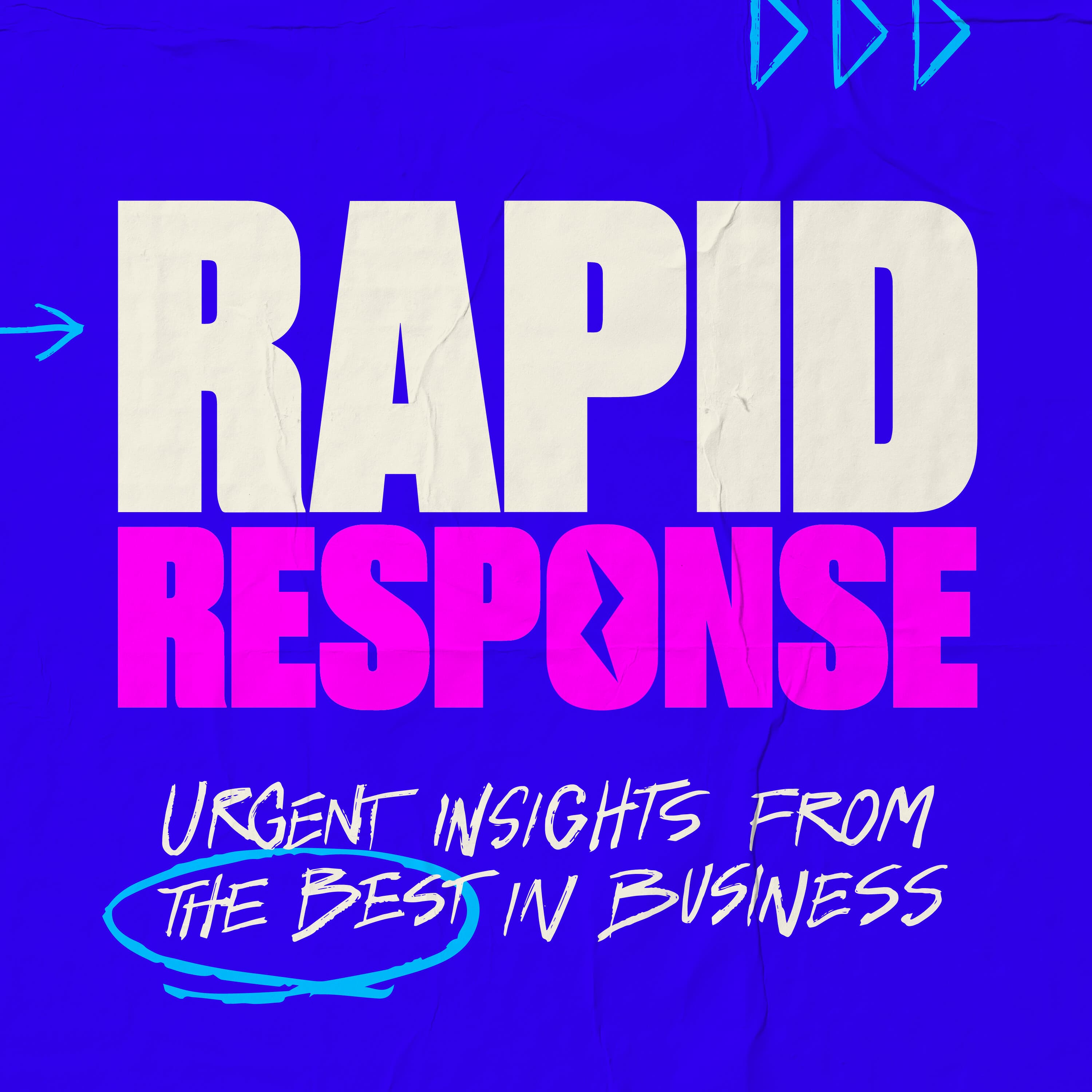
August 13, 2024 • 24min
Rapid Response: Wild summer travel tales from Boeing to CrowdStrike, with The Points Guy, Brian Kelly
Masters of Scale
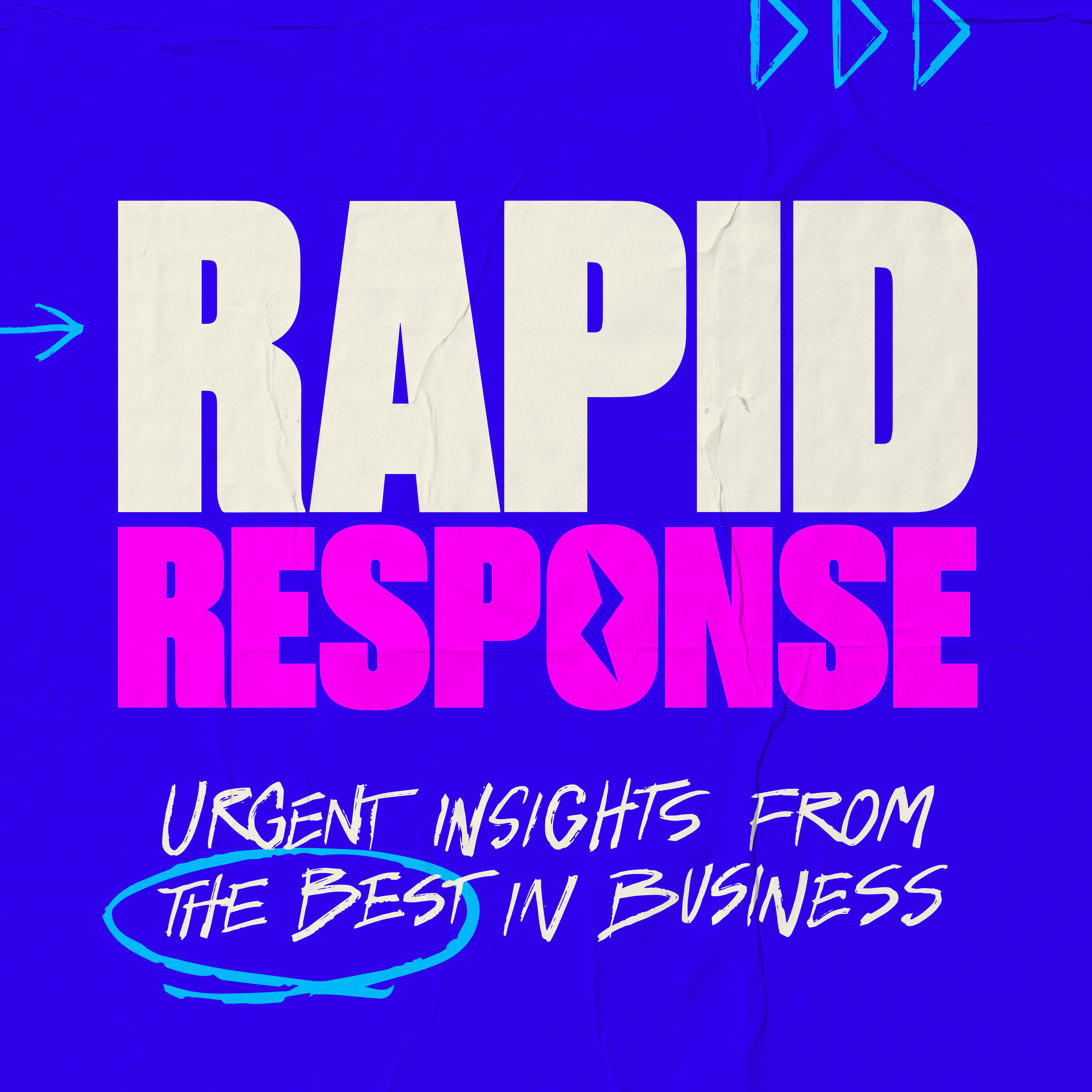
Key Takeaways
- Air travel is at record high levels despite safety concerns about Boeing, with fares lower than in 2019 and airports running smoothly overall
- Airlines are struggling financially despite full planes because they are making less money on business travelers and premium fares compared to pre-pandemic
- More leisure travelers are buying business class tickets, changing the economics for airlines
- Credit card partnerships are crucial for airline profits - Delta makes 1% of US GDP from its Amex card
- The recent Crowdstrike outage exposed weaknesses in Delta's backup systems and crisis communication
- Southwest is abandoning its open seating model to boost revenues, marking the end of an era
- The blocked JetBlue-Spirit merger shows the challenges of airline consolidation in the current regulatory environment
- Proposed credit card legislation could dramatically impact airline economics and loyalty programs
- Top points hack: Use points as "insurance" by making backup award bookings you can cancel for free
- Foreign airline loyalty programs often offer better award rates than US programs
Introduction
In this episode of Rapid Response, host Bob Safian interviews Brian Kelly, founder of travel media platform The Points Guy, about the current state of air travel and the airline industry. They discuss the record levels of air travel despite safety concerns, financial challenges for airlines, changes in business models, and insider tips for maximizing travel rewards. Kelly provides expert insights on recent industry developments and trends shaping the future of air travel.
Topics Discussed
Boeing Safety Concerns and Air Travel Volumes (2:17)
Despite recent safety issues with Boeing aircraft, air travel volumes are at record levels. Kelly explains:
- 2023 was the safest year on record for air travel with no commercial jetliner crashes
- Social media amplifies incidents, creating a perception of increased danger
- Kelly recommended avoiding the Boeing 737 Max 9 due to likely cancellations, not safety concerns
- Statistically, flying remains extremely safe compared to other modes of transportation
"Flying is so astronomically safe, it's mind boggling that it appears anxiety around flying has increased," says Kelly.
Record Air Travel Levels and Airline Finances (6:45)
Air travel is at record high levels, but airlines are struggling financially. Key points:
- Fares have dropped compared to 2022 peaks and are lower than 2019 levels
- Airlines added significant European capacity, leading to lower fares
- Airports are running smoothly despite record crowds
- Airlines made more money when gouging customers at higher rates previously
- Business travel patterns have changed, with less premium pricing
Kelly notes: "The planes are more full today...but they're filled at cheaper fares. The airlines are still making money, but not bank."
Changes in Premium Travel (9:14)
The premium travel market has shifted significantly:
- More leisure travelers are buying business class tickets
- Airlines introduced premium economy during the pandemic
- Economy hasn't improved much, while premium cabins have innovated
- Delta now sells 80% of domestic first class seats vs. 20% upgrades previously
"Most people know the feeling of once you start flying first class, it's really hard to go back," Kelly explains.
Importance of Airline Credit Cards (11:09)
Credit card partnerships are crucial for airline profits:
- Airlines make more money from credit cards than flying in many cases
- 1% of total US GDP is put on Delta Amex cards
- Airlines get a cut of all spending, not just travel purchases
Kelly states: "People joke airlines are really flying banks these days."
Crowdstrike Outage and Delta's Response (11:43)
The recent Crowdstrike network outage severely impacted Delta:
- Delta lacked proper backup systems, especially for crew scheduling
- It took Delta 4 days to announce their consumer policy
- The slow response likely caused many travelers unnecessary stress and expenses
"When you're putting consumers through h**l, that's when you really need to have some humble leadership," Kelly criticizes.
Southwest's Open Seating Change (17:20)
Southwest is abandoning its signature open seating model:
- This is primarily a revenue play, not based on customer preferences
- Southwest is losing billions in potential seating fees and checked bag fees
- The airline is struggling with fines, aircraft delays, and other issues
Kelly explains: "Their model is a relic of a time that no longer exists."
Low-Cost Carrier Challenges (18:31)
The low-cost carrier model faces significant hurdles:
- Infrastructure constraints and pilot shortages limit growth
- Major airlines aggressively compete to push out new entrants
- Some niche players like Avelo and Breeze are finding success in underserved markets
JetBlue-Spirit Merger Block (19:47)
The blocked JetBlue-Spirit merger has implications:
- Highlights the challenges of airline consolidation in current regulatory environment
- JetBlue is a quality airline that Kelly personally enjoys
- Merger would have reduced ultra-low-cost options in the market
"In general, you know, the more consolidation, the less cheap fares. In general, I don't think is great for consumers," Kelly opines.
Credit Card Competition Act (20:57)
Kelly is deeply concerned about proposed credit card legislation:
- Could fundamentally change travel rewards and increase airfares
- Would give retailers power to choose payment networks, likely reducing rewards
- Airlines would lose billions from co-branded cards, potentially raising fares
"Consumers are going to get hit from multiple angles," Kelly warns.
Top Points Hacks (23:51)
Kelly shares his best tips for maximizing travel rewards:
- Use points as "insurance" by making backup award bookings you can cancel for free
- Focus on transferable points (Amex, Chase, Capital One) for flexibility
- Look to foreign airline programs for better award rates, especially for premium cabins
"You can use your points as insurance policies to make sure you're getting to where you go," Kelly advises.
Conclusion
The air travel industry is experiencing a complex mix of record passenger volumes and financial challenges. While travelers are flying more than ever, airlines are struggling to maintain profitability due to lower fares and changes in premium travel patterns. Credit card partnerships have become crucial to airline economics, potentially leaving the industry vulnerable to regulatory changes. For savvy travelers, opportunities remain to maximize value through strategic use of points and miles. As the industry continues to evolve, both airlines and passengers will need to adapt to new realities in what Kelly calls "the platinum age of travel."

